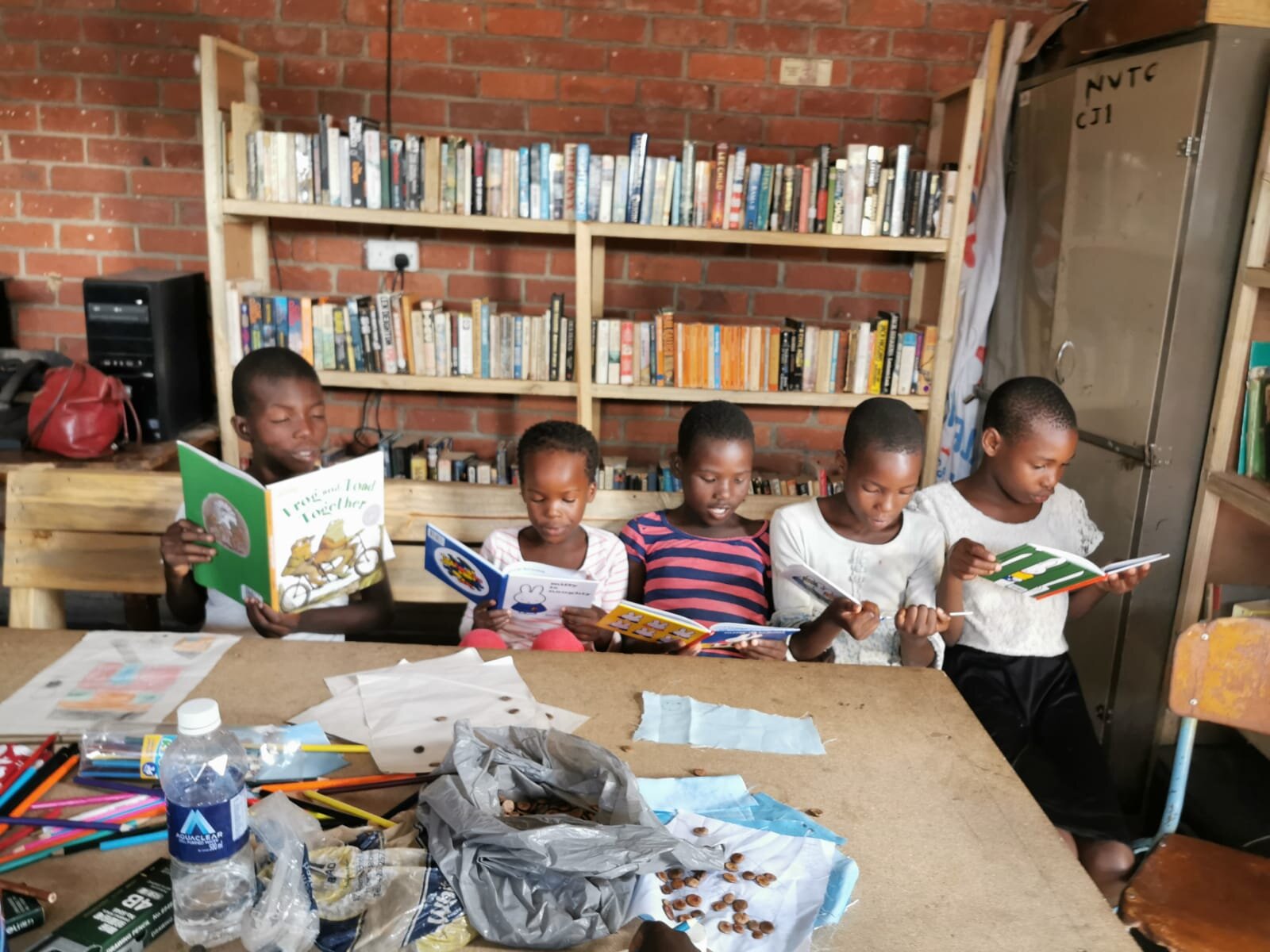A World of Words
Ezekiel Zekiya Mudimu is the director of Simuka Africa Youth Organisation in Zimbabwe. The organisation was established by a network of students in 2006 to confront the many problems of the area. It devotes itself to the cause of education, agriculture and health care, clean water and sanitary facilities.
Ezekiel's work method is to always occupy himself simultaneously with several projects which exert their influence on each other directly or indirectly. In this way he also tries to set up a library in Norton, Mashonaland, while dedicating himself to other tasks. He would like to gather for this library a handsome collection of English books for children as well as adults. He wants to combine this project with workshops for which he will invite speakers from various disciplines like computer skills, ecological agriculture, recycling and education. But the library should also be a place for dance, music and theater.
Ezekiel's mode of operating opens doors for people who after the land reforms were reduced to beggary.
Teaching in Africa came to my mind when I approached my retirement age. When I was young I lived some months in Ivory Coast. I was impressed by the culture, resilience and optimism of the Africans. Ever since Africa has haunted me.
Until August 25th 2019 I was a teacher of Dutch as a second language and English at a school which prepares foreign children (most of them refugees) for regular Dutch secondary education. Also I taught several years handicraft and art at the same school/ In October I left for Norton and hoped to contribute to establishing a library by collecting English books and teaching.
Our stay in Norton surpassed all our expectations. We were met at the bus station by our landlady Jane Chinyoka and her two sons Tapiwa and Tadiwa. Thereupon they took us to their house. Before our departure Jane had told us that she had an apartment for rent next to her own house. We decided to accept her offer. The houses are in a lrge compound with a garden in front and a kitchen garden at the back side. To prepare our meals we were allowed to make use of the vegetables in that garden.
It was a very agreeable situation living close to the family Chinyoka. They were quite helpful and gave us a lot of information about the economical situation in Zimbabwe. Little by little we got a sound impression of the daily problems Zimbabweans have to cope with. Unemployment has reached a level of almost 96%. Teachers and medical employees are being underpaid. Serious shortages of food and water are imminent and especially young well educated people are leaving their country for better chances elsewhere.
In consultation with Ezekiel I started my handicraft and art lessons and reading stories to the children from the neighbourhood. They came from the area around the library. Both parents have to work on account of the dire economical conditions. Also there are many families without a father or mother. The responsibilities rest on the shoulders of the eldest child or even the grandparents. The number of orphans is forever on the increase.
Our daily walk to the library and afterwards to Katanga market took us about an hour. On the way we passed a stall where vegetables and fruit were sold. The shopkeeper appeared to be a professor of economy who had lost his job at the university in Harare, the capital, on account of his criticism on the authorities! Then we came across a road block where a young man had put up a barrier of rocks in order to stop drivers who were asked to pay toll. Almost everyone gave him a few coins and so did Jane who had to pass there everyday. In this way he was able to support his family financially. Around eight in the morning the breadman came by on his ramshackle bicycle. From afar I could hear him ringing his bell. It appear that at one time he had a comfortable job on a large farm herding the cows on horseback. The farm is no longer existent and he lost his job. The farmer left the country to start farming elsewhere after the land reforms.
The library is gradually turning into a safe haven for children as well as adults. Children read or are being read to, attend handicraft and drawing lessons, sing and dance and receive guidance when doing their homework.
For adults it has now become a meeting point where they can discuss matters, play chess and last but not least of course read books.
- Anna, BF volunteer from the Netherlands

